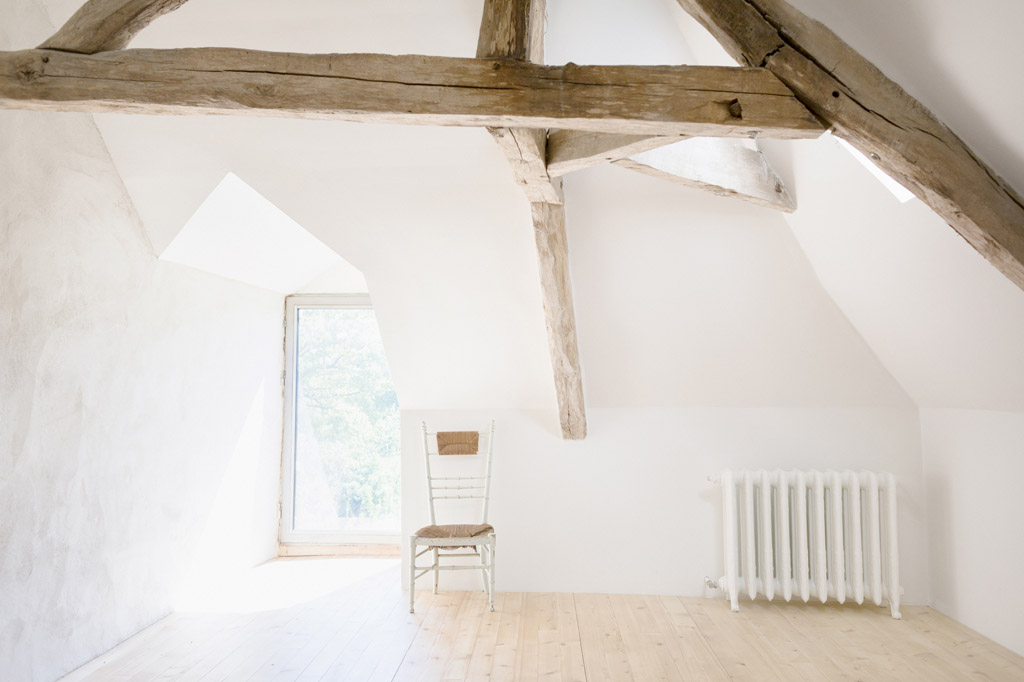
There’s a movement underway to get back to the basics.
To move away from possession-cluttered, debt-overloaded, work-burdened, and time-starved lives.
To make lifestyle choices that minimize the “more is better” mindset, and maximize the reality that simplicity means more time, balance, and satisfaction.
It means less not more
Simplicity is clarifying what matters most and shaping your life accordingly.
But keep in mind: Not everything in life can be equally important. And it’s difficult to simplify if you have 50 answers to what’s most important to you.
When you shape your life around your true priorities, it necessarily means eliminating, letting go, and getting rid of. It means less not more.
Which means simplified living is not about trying to get better organized or doing a better job juggling all the things you have going on in your life.
Instead, it’s about eliminating, letting go, giving up, decluttering, streamlining, lessening. It’s about freeing yourself from commitments, obligations, habits, people, situations, and thoughts that keep you from having time, space, and energy to do the things that really matter to you.
Simplified living means eliminating all but the essential so you can spend your time focused on what matters most to you.
It’s about discovering what is “enough” in your life—and eliminating the rest so you can spend time with people you love, doing what you love to do.
Your simplicity muscle may be weak
Simplicity is a discipline you practice. It’s like a muscle you build up. Your simplicity muscle may be weak right now, but it can become stronger with practice.
I work with many whose lives are consumed with the business of life—working, paying bills, running errands, buying groceries, cleaning house, carpooling kids, taking care of the lawn, getting the car serviced, etc. Those tasks and activities make up the bulk of their lives.
While I’m not suggesting you throw your responsibilities to the wind, if you’re overly focused on the business of life, it’s very likely you’ll have regrets down the road about how you spent your time, what you were focused on, and how so much of it wasn’t what really mattered.
The Deathbed Test
If you don’t know what’s most important to you, that’s worth spending time to figure out. Because life gets much easier when you get really clear about what’s important to you and what’s not.
Some of my clients do the Deathbed Test—looking at how they’re living life now and imagining what regrets they’ll have on their deathbed. Morbid, perhaps, but it can shine awareness on the disconnect between what really matters and how you’re living your life.
Once you’ve determined what matters most—once you have your short list—simplified living is fairly straightforward, but it’s not a one-time event.
It’s an ongoing process of evaluating your life against your short list, and then eliminating, letting go, giving up, streamlining, decluttering, and lessening what doesn’t align.
Evaluate and eliminate!
Are you ready to grow your simplified living muscle?
- What matters most to you?
- What is essential versus what is superfluous?
- What is “enough” in your life?
